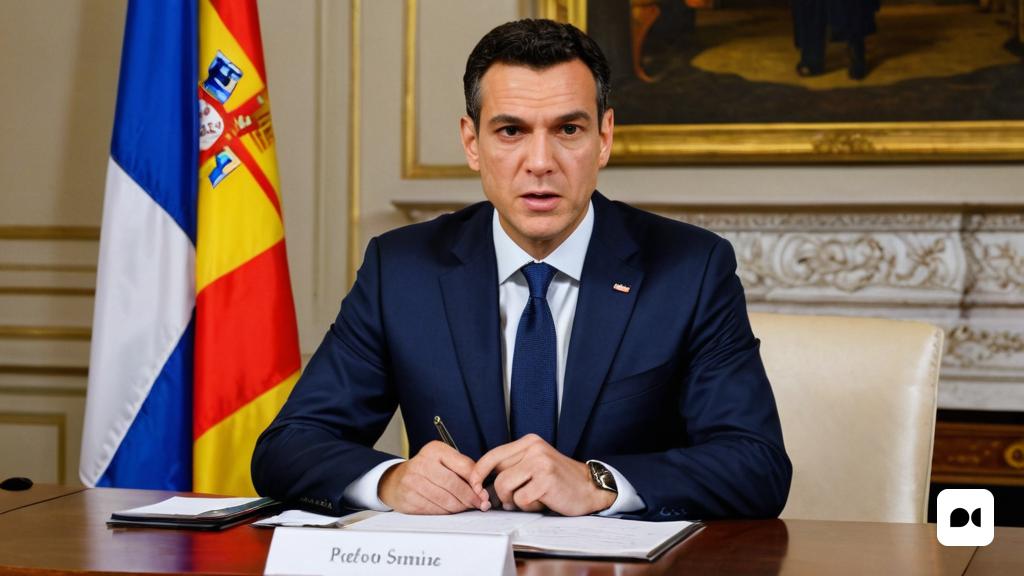The European elections in Spain have been influenced by several factors, such as the demonstrations against the amnesty, the diplomatic conflicts with Argentina and Israel, the court summons to the wife of the Spanish president and the threats of censure motions after of the elections These elections have been considered as a plebiscite between the two leaderships of Pedro Sánchez and Alberto Núñez Feijóo. Both the Popular Party (PP) and the Spanish Socialist Workers Party (PSOE) have sought to take advantage of this opportunity to gain the support of citizens and influence Spain’s political future.
The PP has used the slogan “Your vote is the answer” to attract voters and is confident that a popular victory on June 9 will translate into a citizen’s amendment to the government of Pedro Sánchez and its pacts with independence. On the other hand, the PSOE has sought to present this electoral campaign as a plebiscite against the ultra-right and has criticized the pacts of the PP with Vox. In Catalonia, the European elections have a special meaning, since the Parliament will be constituted the day after the elections and it will be a litmus test for the parties PSC, Junts and ERC to achieve alliances for the investiture of the president of the Generalitat.
According to the polls, the PP would win the European elections in Spain with 23 MEPs, followed by the PSOE with 20. Vox would be the third political force with 6 seats. This result would imply that, in a hemicycle of only Spanish MEPs, the groups that currently support Pedro Sánchez in Congress would have an absolute majority. Nevertheless, the CIS of the PSOE places the party as the first force of these elections.
After the European elections, the focus will shift to Catalonia, as what happens in Parliament in the coming weeks can have a significant impact on Spanish politics. Esquerra Republicana has already challenged the Constitutional Court and has assured that it will accept the votes of the exiled deputies to maintain the arithmetic in the chamber. This could set up an “anti-repressive” Board like the one proposed by ERC. The PP has threatened to present a motion of no confidence against Pedro Sánchez after the elections, which would need the support of Vox and Junts per Catalunya.
The European elections in Spain have been marked by several factors, such as demonstrations against the amnesty, diplomatic conflicts and threats of no-confidence motions. Both the PP and the PSOE have sought to take advantage of this opportunity to influence Spain’s political future. The results of these elections and subsequent events in Catalonia will have a significant impact on the configuration of Parliament and on Spanish politics in general.

